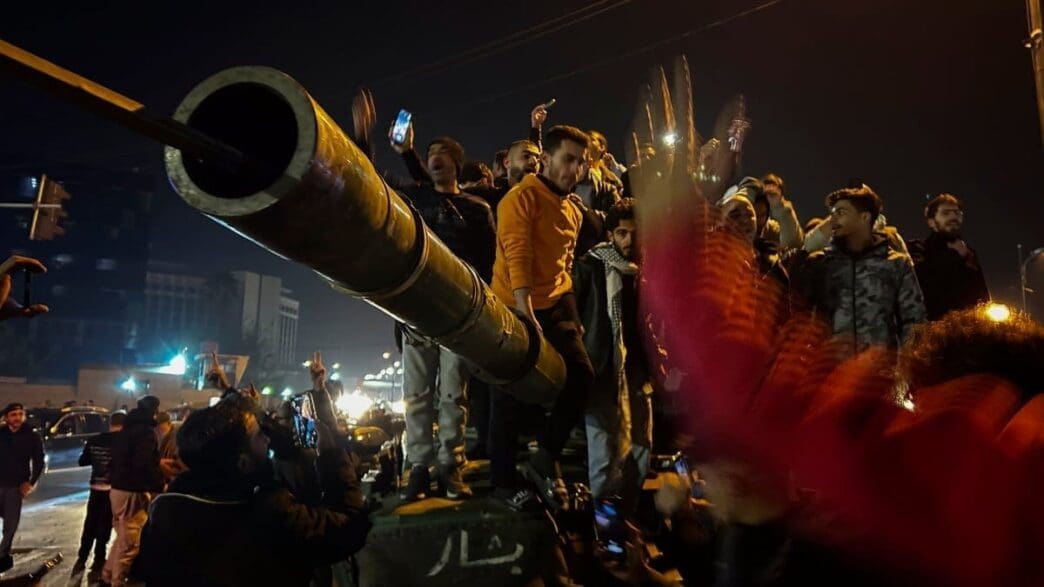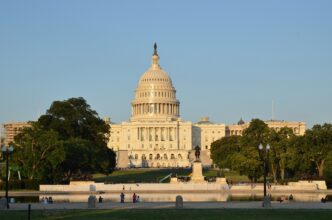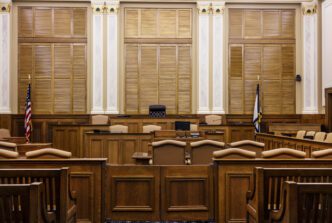In a significant development within Syria, rebel forces have reportedly taken control of the capital, Damascus. This comes amid widespread reports that President Bashar al-Assad has fled the city. Details on Assad’s location remain unknown as multiple sources have yet to confirm his departure.
Rebel commander Hassan Abdul-Ghani, affiliated with the militant group Hayat Tahrir al-Sham (HTS), announced the capture of Damascus, declaring it free from Assad’s rule. The announcement was made via WhatsApp and aimed at Syrians displaced worldwide, encouraging their return to a ‘Free Syria.’ However, NBC News has yet to verify these claims independently.
As news of Assad’s exit from Damascus circulates, Ghazi al-Jalali, Syria’s Prime Minister, assured that he remains in Damascus with no intention of leaving. He emphasized commitment to maintaining governmental operations and public safety, expressing readiness to work with any leadership endorsed by the Syrian populace.
[twitter-embed-display twitter_url=’https://twitter.com/Charles_Lister/status/1864695358883832240′]
The takeover marks a pivotal moment in Syria’s enduring civil conflict, which has lasted 13 years, deeply impacting its citizens and geopolitical dynamics. The HTS also reported liberating detainees from Sednaya Prison, a notorious facility where the government reportedly held thousands. This event is perceived as a setback for Assad’s allies, particularly Russia and Iran, who have supported his tenure.
The U.S. government, with about 900 troops stationed in northern Syria, is closely monitoring these developments. White House National Security Council spokesman Sean Savett stated that President Joe Biden is maintaining contact with regional partners. Meanwhile, President-elect Donald Trump expressed via Truth Social that the U.S. should refrain from involvement in Syria, stating, ‘This is not our fight. Let it play out.’
The speed of the rebel advance is notable, with HTS forces capturing major cities like Homs, Daraa, Aleppo, and Hama in recent days alone. This offensive is the first major assault on Aleppo since 2016, when Assad, backed by Russian aerial campaigns, regained control. The recent victories highlight the efficacy of HTS’s strategy, which includes advanced weaponry and enhanced rocket capabilities.
Reports indicate a broader clash across the Middle East, with U.S.-backed Israel targeting Hamas in Gaza and attempting to maintain stability with Hezbollah in Lebanon. Concurrently, pro-Assad factions are engaged with Kurdish forces near Raqqa and Deir Ez-Zour, according to the Syrian Observatory for Human Rights.
HTS’s achievements are seen as the culmination of years of effort to transform rebel operations into a formidable opposition against Assad’s military. With Assad’s control previously consolidated in a 2020 ceasefire, encompassing 70% of Syria, the recent gains challenge his regime’s stability. Charles Lister from the Middle East Institute noted the increased sophistication of rebel forces, creating significant hurdles for Assad’s forces.
The situation in Syria remains fluid as rebel forces continue to gain ground amidst uncertainty surrounding President Assad’s status. This shift not only impacts the Syrian populace but also carries implications for regional stability and international relations, demanding close observation from global entities.
Source: Nbcmiami – Twitter








